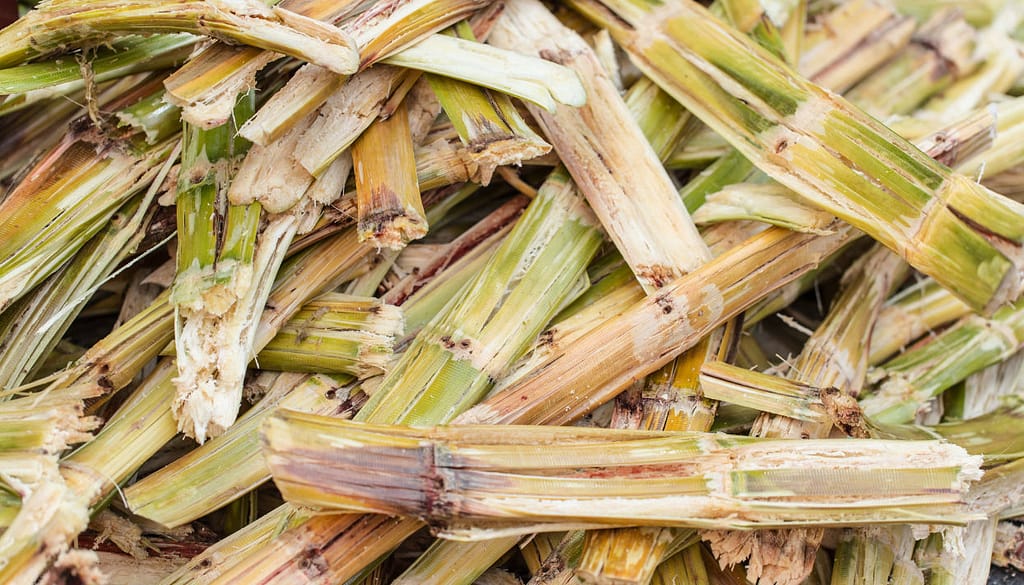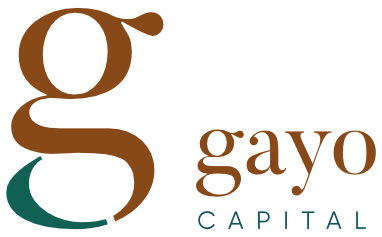WLabku is a recycling waste sugarcane as animal feed (bagasse). Bagasse is the fibrous residue left over after milling of the cane, with 45-50% moisture content and consisting of a mixture of hard fibre, with soft and smooth parenchymatous (pith) tissue with high hygroscopic property. Bagasse contains mainly cellulose, hemi cellulose, pentosans, lignin, sugars, wax and minerals. The quantity obtained varies from 22 – 36% on cane and is mainly due to the fibre portion in cane and the cleanliness of cane supplied, which in turn depends on harvesting practices.

It is used as a biofuel for the production of heat, energy, and electricity, and in the manufacture of pulp and building materials. 450,000 hectare of sugarcanes are planted in Indonesia. Average productivity in community plantation (approximately around 266,000 hectare) below 80 tons per hectare with the yield level below 8%. The potential of market capitalization for only 5% of old bagasse is IDR 2,200,000,000,000 ($140,029,278)

